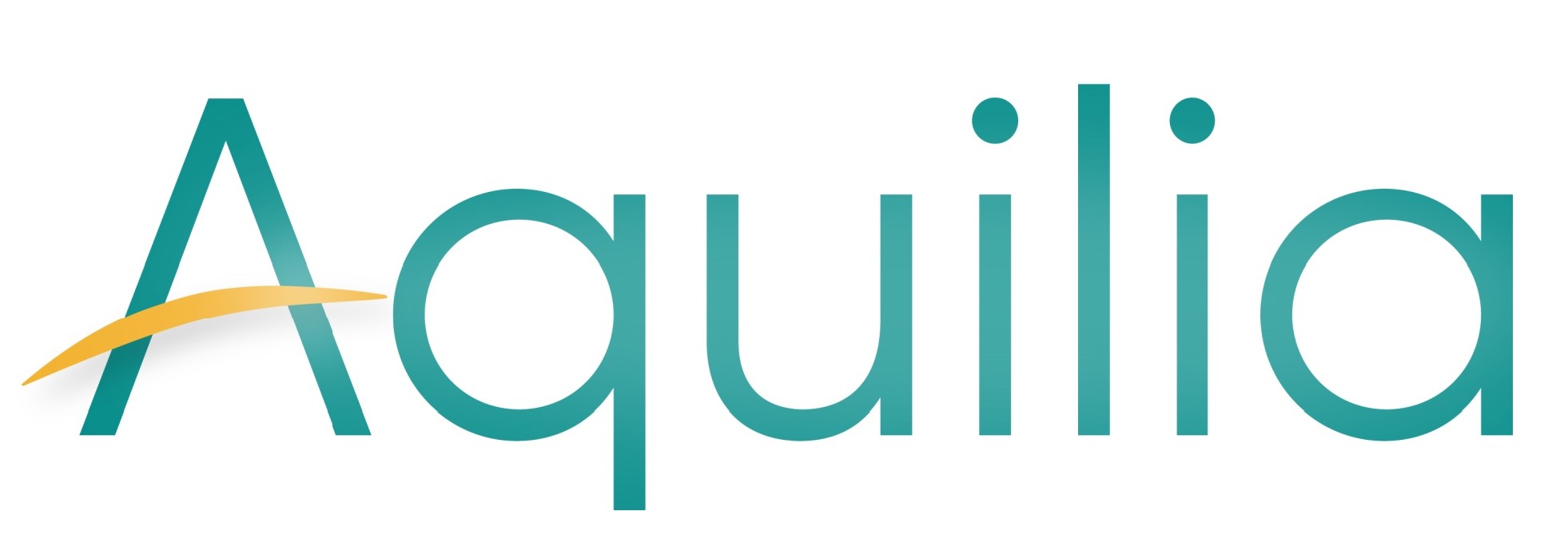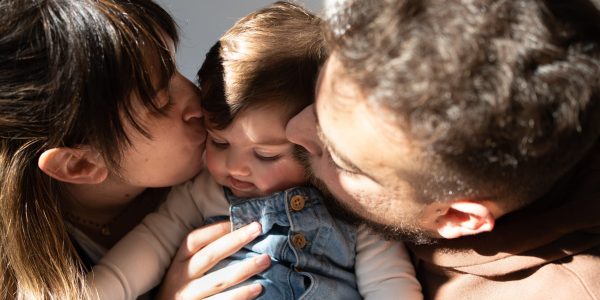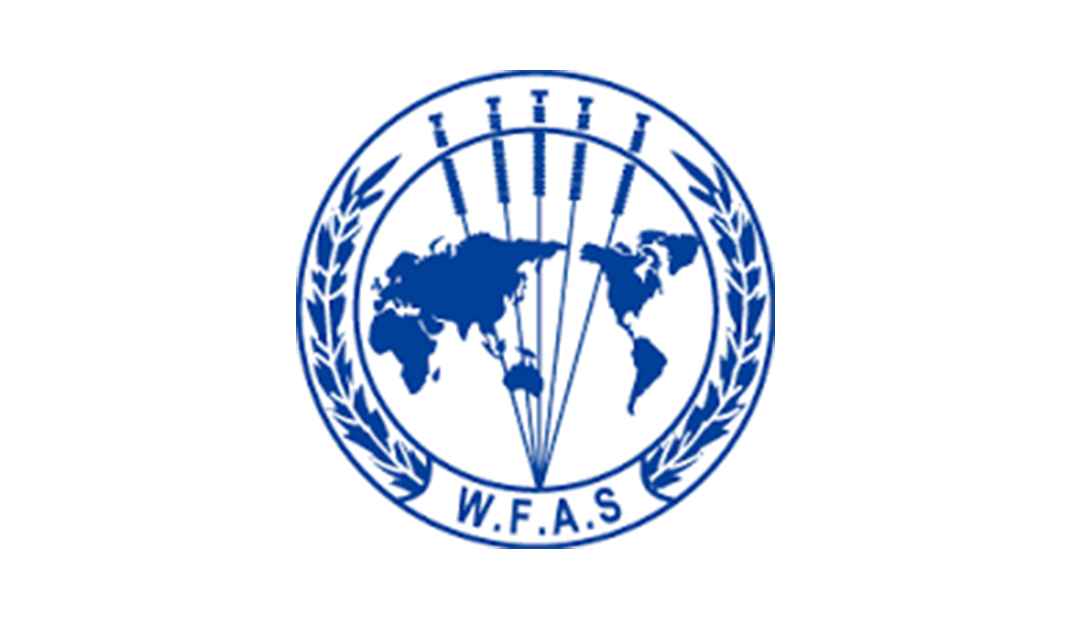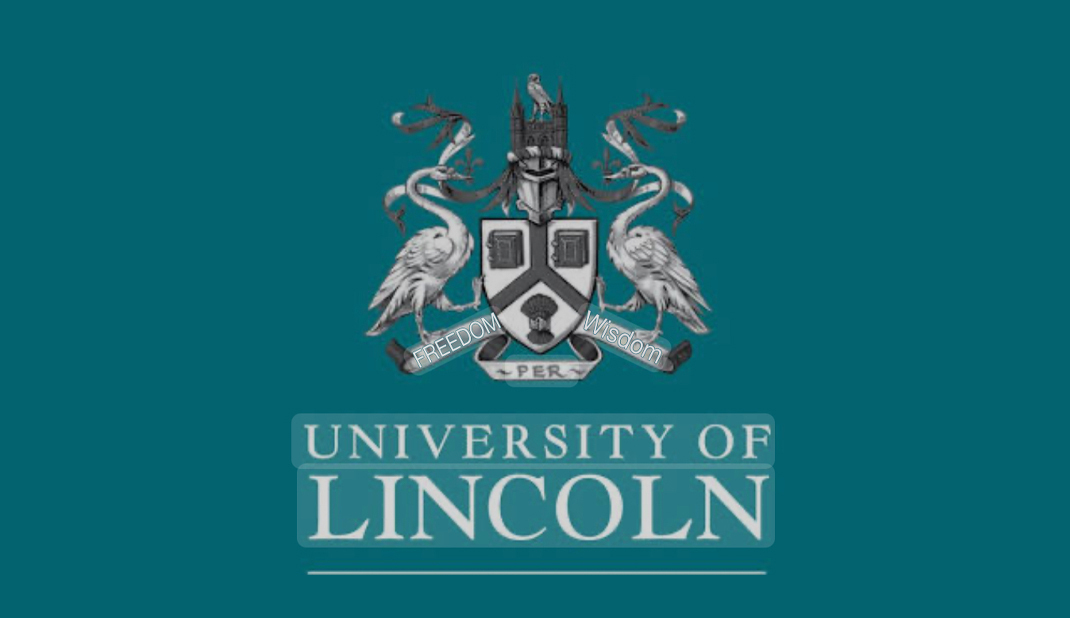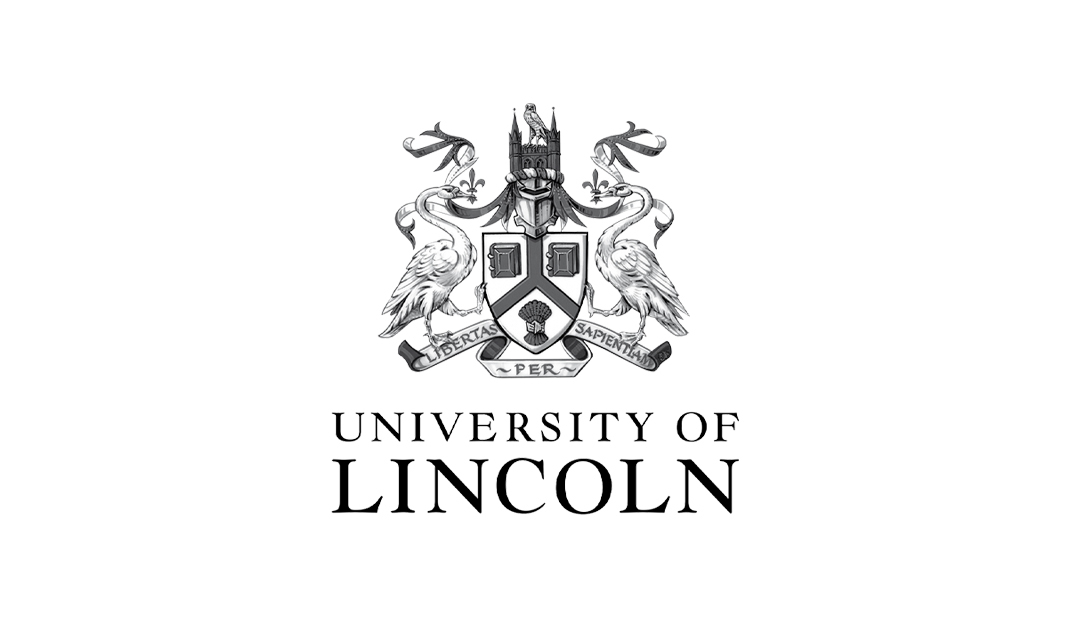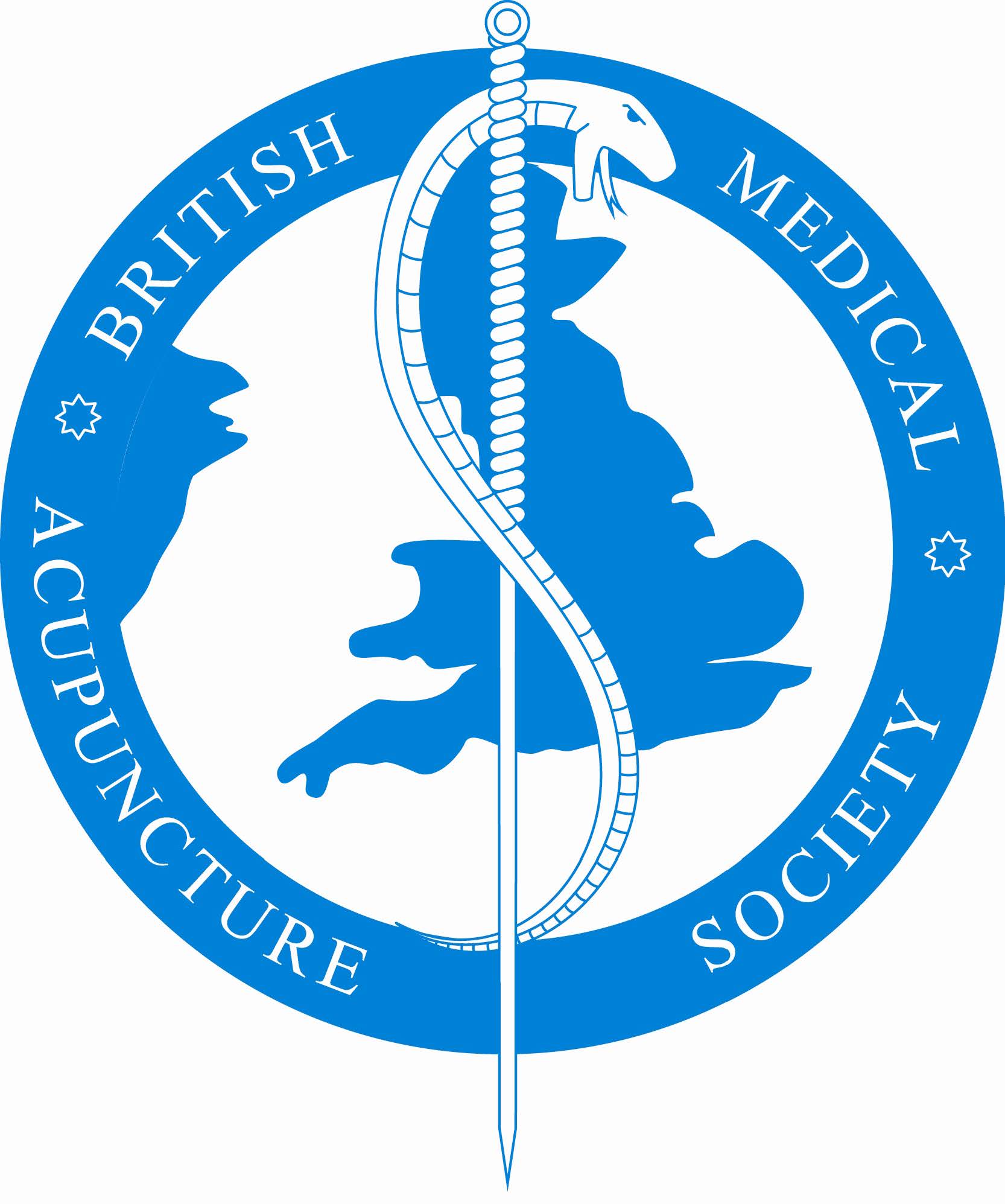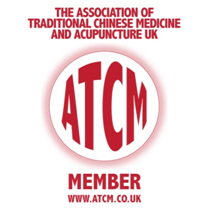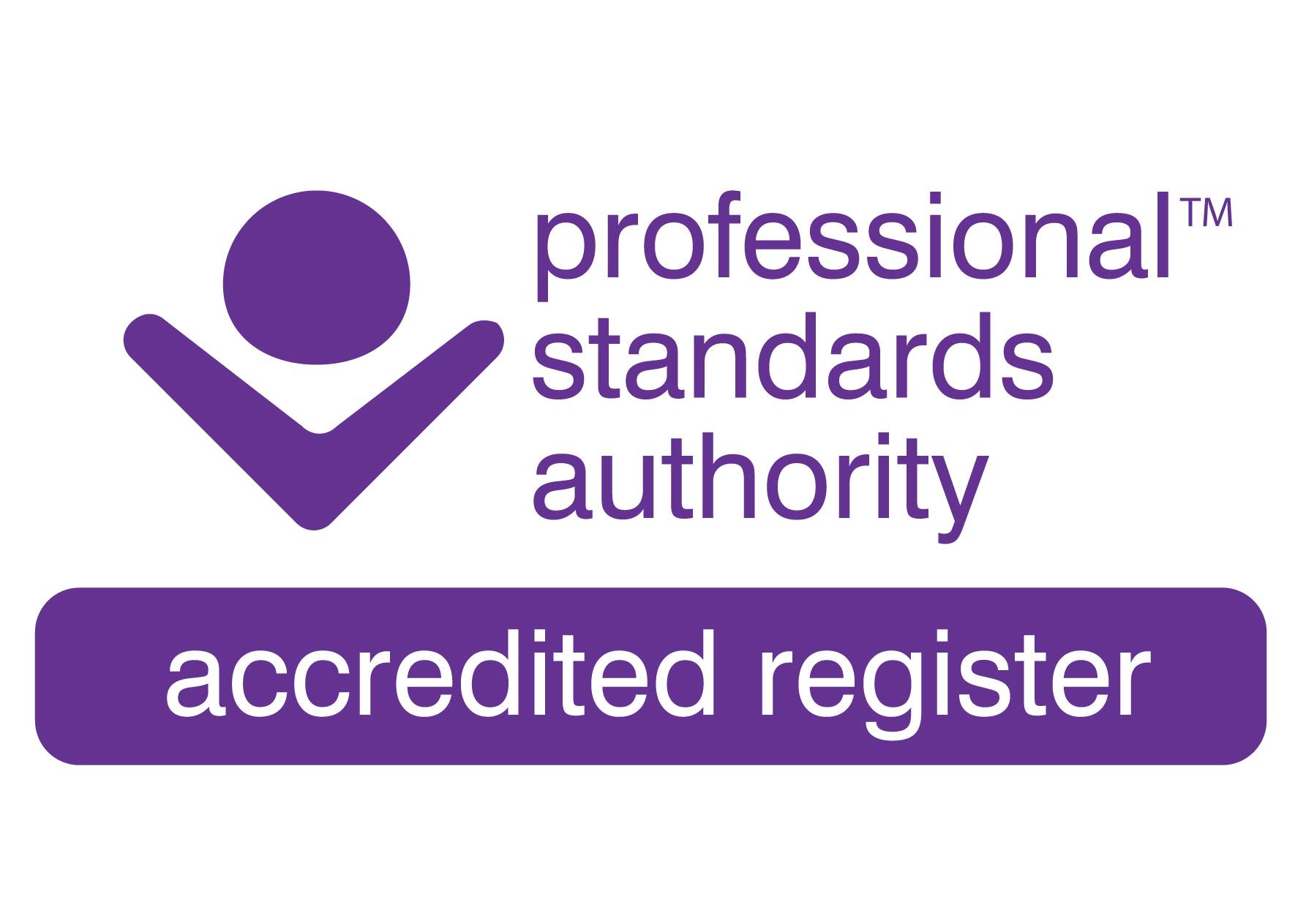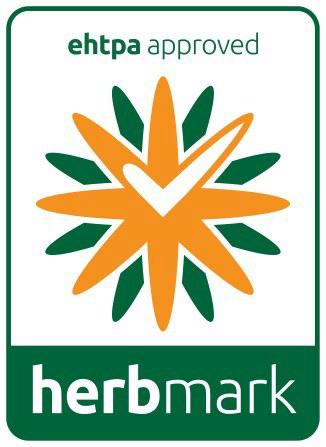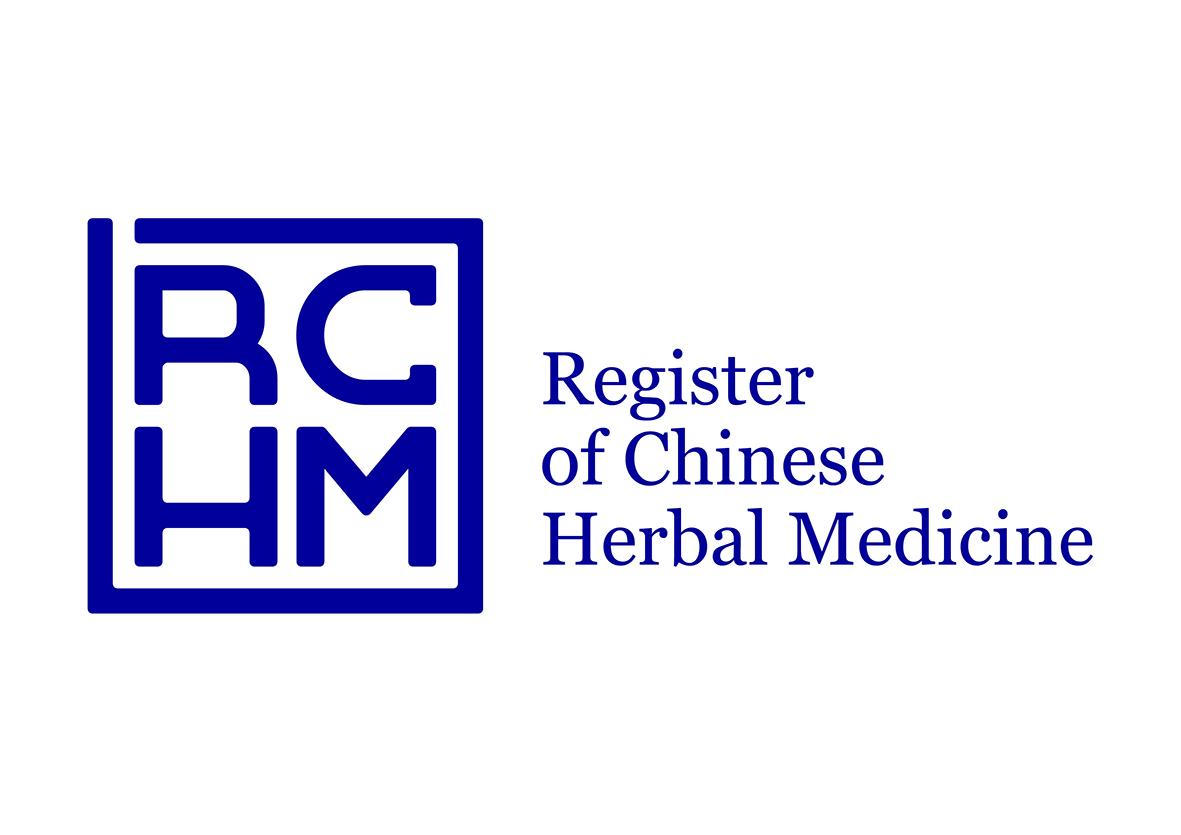Integrating acupuncture and herbal medicine into assisted reproductive technology (IVF, ICSI): Results and a report of a new systematic review and meta-analysis of East Asian traditional medicine.
Series 1
A new study by Peng et al (2025) evaluates the effectiveness and safety of women undergoing ART using acupuncture or herbal medicine compared to controls (sham or placebo). The overall quality of the evidence was classified as moderate quality evidence.
East Asian Traditional Medicine (EATM) acupuncture or herbal medicine was found to be safe, and an effective complementary therapy that can be used to improve assisted reproductive outcomes.
The study was:
√ Registered with PROSPERO.
√ Selected randomised controlled trials (RCTs).
√ Compared acupuncture and herbal medicine to controls (sham or placebo).
√ Included a total of 37 RCTs, 10, 776 women aged 29 to 38.
√ Subfertile participants were diagnosed with medical conditions, such as polycystic ovarian syndrome (PCOS), tubal blockage, diminished ovarian reserve, and unexplained infertility.
√ The methodological quality of the RCTs was assessed by the Cochrane Risk of Bias (RoB 2) tool.
√ Random effect model was applied where necessary.
√ The quality of evidence was appraised with the Grading of Recommendations, Assessment, Development, and Evaluation (GRADE) appraisal tool.
√ Findings supported by moderate-quality evidence were considered reliable and formed the basis of their key conclusions.
√ Findings supported by low or very low-quality evidence were interpreted with caution.
Acupuncture interventions included body, electro, laser, and auricular (ear) acupuncture. Herbal medicine interventions included the administration of powders, pills, granules, decoctions, and ointments.
Results
Acupuncture and herbal medicine treatments were associated with significant improvements in clinical pregnancy and live birth rates.
Acupuncture compared to control
√ Clinical pregnancy (CPR): RR 1.316, 95% CI 1.171-1.480 (I2 = 62.9%) ultrasound [25 studies, 6610 patients].
√ Live birth (LBR): RR 1.287, 95% CI 1.081-1.533 (I2 = 69.9%) more babies born [14 studies, 4613 patients].
Herbal medicine compared to control
√ Clinical pregnancy (CPR): RR 1.184, 95% CI 1.017 to 1.379, I2 = 55.8% ultrasound [12 studies, 4343 patients].
√ Live birth (LBR): RR 1.147, 95% CI 1.010 to 1.303, I2 = 0.0% more babies born [3 studies, 2818 patients].
Side effects and safety profile
No serious adverse events of acupuncture or herbal medicine treatments were reported. Tiredness, pain, and dizziness were comparable in all groups. Acupuncture and herbal medicine were found to carry minimal
risk of severe adverse reactions; however, it was recommended that clinicians should monitor for adverse events to ensure patient safety.
Limitations and recommendations for future research design included
- Multicentred studies opposed to single centred with increased sample size.
- Standardised interventions to reduce heterogeneity in research analyses.
- Recurrent advocacy of primary outcome live birth rate, particularly in the herbal medicine research sector due to implications regarding analyses.
- Data collection on infant health status.
Note subgroup analysis should be viewed with caution.
Researchers’ conclusion
Acupuncture and herbal medicine appear to be safe and effective complementary therapies that can be used to improve assisted reproductive outcomes.
Policy framework recommendation
Policy implications for the safe and effective integration of acupuncture and herbal medicine include:
- Establishing specialised training and certification.
- Expand insurance coverage to include acupuncture and herbal medicine treatments to reduce financial barriers.
- Collaboration between health professionals.
Disclaimer
It is recommended that you find a qualified and registered acupuncturist or herbal medicine practitioner. By law, herbal medicine must include a consultation before prescribing medicines. The herbalist is best placed to assess suitability and drug/herb interaction and devise the herbal treatment plan where appropriate.
Herbal Suppliers
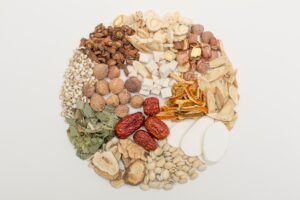
Practitioner Recommendation
Herb granules due to:
- Plants are rigorously tested for purity.
- Strict quality control.
- Batch-to-batch consistency.
- Traceability Certification of Analysis (COA).
About the Register of Chinese Herbal Medicine
Approved supplier scheme
Supports:
- Compliance with industry standards of education, practice and policy.
- A voluntary supplier scheme with a view to identify good quality herbal products for its register.
- Convention on International Trade in Endangered Species of Wild Fauna and Flora (CITES).
- Farming industries to grow plant medicines that benefit future generations of farming.
Find an approved and accredited herbal medicine practitioner
Register of Chinese Herbal Medicine
European Herbal and Traditional Medicine Practitioners Association
Find a qualified acupuncturist on a professional standards authority accredited register
Professional standards authority for health and social care: British acupuncture council
Article report by Lianne Aquilina MSc BSc Hons Acupuncture MBAcC MRCHM.
Read the article here
Find out more
lianne.aquilina@btinternet.com Specialist critical appraisal of the systematic review and meta-analysis with ROBIS 23rd July 2025.
Reference
Peng X, Wu B, Zhou S, Xu Y, Ogihara A, Nishimura S, Jin Q, Litscher G. Integrating Acupuncture and Herbal Medicine into Assisted Reproductive Technology: A Systematic Review and Meta-Analysis of East Asian Traditional Medicine. Healthcare (Basel). 2025 Jun 3;13(11):1326. doi: 10.3390/healthcare13111326.

Lianne Aquilina RDN, Dip Ay, BSc Hons, MSc, PGDip, MBAcC, MATCM, MAAC, MBMAS, MRCHM
Director of Aquilia Acupuncture
Acupuncturist, Researcher
This is an opinion piece outlining a new cohort study in press that examined the link between acupuncture during ovarian hyperstimulation and live birth rates.
Lianne holds a specialised Master of Science in Applied Health Research from the University of York. She has over twenty years of experience as an acupuncturist and has served as a visiting guest lecturer on acupuncture for IVF and the critical appraisal of research. Lianne is a trustee of the Research Council for Complementary Medicine UK. She contributed to the European Society of Human Reproduction and Embryology (ESHRE) guidelines on the number of embryos to transfer during IVF/ICSI. She is an independent UK expert in research. She is coauthor of the best-selling international textbook for acupuncturists, “Acupuncture for IVF: An Integrated Approach to Treatment Management.”


